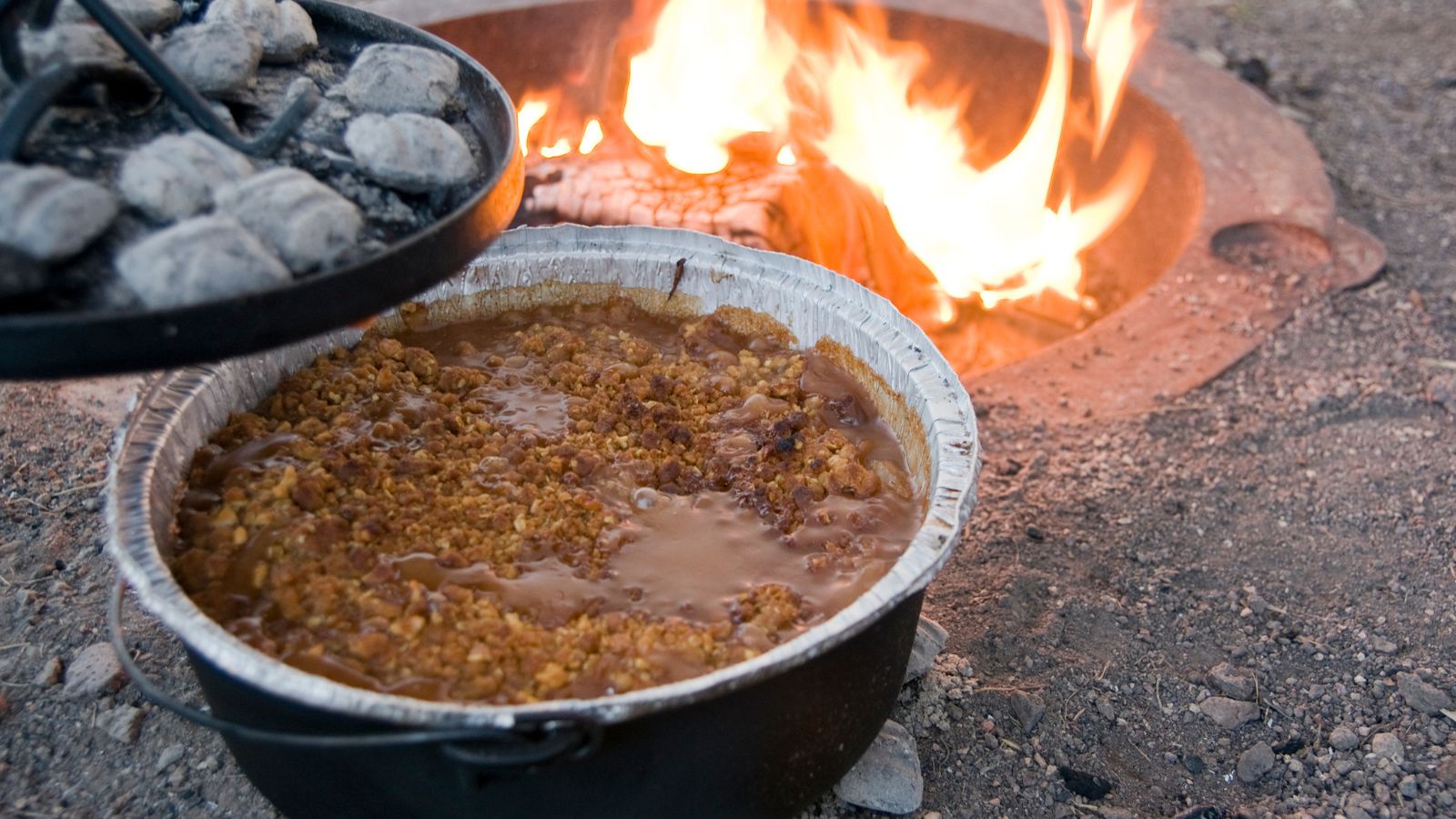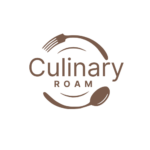Dutch oven cooking is more than just a culinary tradition; it’s a sustainable practice that aligns with eco-friendly living. These versatile pots, known for their durability and heat retention, offer a greener way to prepare meals by minimizing energy consumption. With their ability to maintain consistent temperatures, Dutch ovens reduce the need for excessive fuel, making them an excellent choice for those looking to lessen their carbon footprint.

In addition to energy efficiency, Dutch ovens promote sustainability through their longevity. Made from sturdy materials like cast iron, they can last for generations, reducing the need for disposable cookware. This durability not only saves money but also minimizes waste, contributing to a more sustainable kitchen environment. As more people seek ways to live sustainably, Dutch oven cooking stands out as an effective method to embrace eco-conscious habits without sacrificing the joy of preparing delicious meals.
How Does Dutch Oven Cooking Contribute To Sustainable And Eco-Friendly Cooking Practices?
Dutch oven cooking combines tradition and utility, focusing on enhancing sustainability. These cast iron pots distribute heat evenly, allowing even slow cooking. Less energy is used since fewer temperature adjustments are needed. Versatility is a hallmark of Dutch ovens, making them suitable for baking, roasting, and stewing, reducing the need for multiple cookware items.

Their robust construction ensures longevity, encouraging reuse and reducing waste.
With proper care, a single Dutch oven can last generations, usually outlasting alternatives. Transitioning to Dutch oven cooking often means fewer resources spent on gadgets and consumables, aligning with eco-conscious values. Given their multi-use potential, Dutch ovens inherently support resource conservation. Using this approach, individuals embed eco-friendly habits directly into daily life. By adopting this method, individuals participate in sustainable practices, directly impacting their carbon footprint and promoting environmental health.
Sustainability Aspects of Dutch Oven Cooking
Dutch oven cooking supports sustainability by significantly cutting down on energy usage. These ovens maintain consistent temperatures, which helps conserve fuel and reduce carbon emissions. Made primarily from durable cast iron, Dutch ovens have a long lifespan, minimizing the demand for single-use cookware and helping reduce waste.
Their versatility in cooking methods—baking, roasting, and stewing—eliminates the need for multiple kitchen appliances, saving space and resources. This efficient use of energy and materials aligns with eco-friendly practices, highlighting the environmental benefits of a single, multi-functional pot.
Additionally, Dutch ovens’ superior heat retention supports cooking efficiency. Heat spreads evenly across the dense material, reducing energy expenditure and cooking time. With proper maintenance, Dutch ovens continue to perform well over many decades, often being passed down through generations, decreasing landfill impact. By opting for Dutch oven cooking, individuals contribute to sustainable habits that lower their carbon footprint and support global environmental health.
Health and Nutritional Advantages

Dutch oven cooking promotes health by preserving nutrients better than other methods. The even heat distribution allows for gentle cooking, which helps retain vitamins and minerals in food. This ensures meals are nutrient-rich, supporting overall well-being.
Low-fat cooking becomes easier with Dutch ovens. The ability to cook food evenly at lower temperatures reduces the need for additional oil or fat, promoting healthier eating habits. Their design allows fat to drip away from food during cooking, assisting in the preparation of leaner meals.
Safety and cleanliness are enhanced through Dutch oven use. The non-toxic materials, such as cast iron, prevent harmful chemicals from leaching into food. This improves dietary safety, reducing exposure to potential toxins associated with some nonstick cookware.
Moreover, long-cooked dishes in Dutch ovens develop deep flavors without excessive salt or artificial additives. This makes it possible to enjoy flavorful, wholesome meals, reducing reliance on processed ingredients and enhancing natural taste profiles.
Environmental Benefits
Dutch oven cooking stands out as a practical approach to sustainability, offering environmental and health benefits. Its ability to conserve energy and reduce waste aligns with eco-friendly living. By opting for this method, individuals contribute to lowering carbon footprints and promoting a healthier planet. The durability and efficiency of Dutch ovens not only enhance the cooking experience but also support long-term environmental goals. Transitioning to Dutch oven cooking is a simple yet impactful step towards a more sustainable lifestyle.

